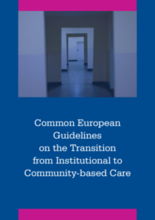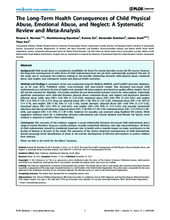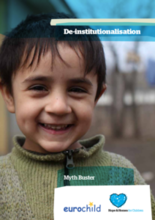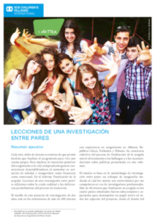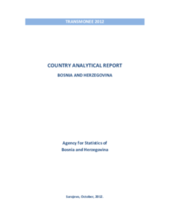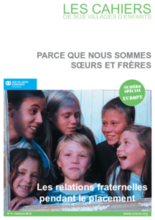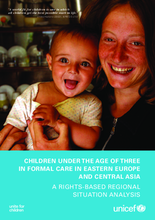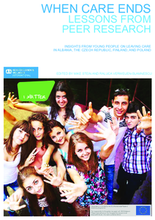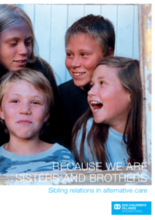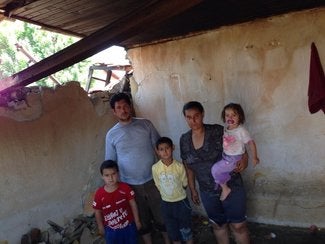

Displaying 451 - 460 of 527
The Common European Guidelines on the Transition from Institutional to Community-based Care (‘the Guidelines’) provide practical advice about how to make a sustained transition from institutional care to family-based and community-based alternatives for individuals (including children) currently living in institutions and those living in the community, often without adequate support.
Although the relationship between child sexual abuse and mental disorders life has been well established, the health consequences of other forms of child maltreatment, including physical abuse, emotional abuse, and neglect have not been systematically examined. This study summarizes the evidence relating to the possible relationship between child physical abuse, emotional abuse, and neglect, and subsequent mental and physical health outcomes.
This paper aims to raise awareness on the perverse effects of institutionalisation on children and it calls for comprehensive system reforms, starting with a transition towards family and community-based care. It highlights country level lessons learnt in the European context that demonstrate how deinstitutionalisation can be achieved in practice.
This briefing paper seeks to address key misunderstandings about de-institutionalisation. It explains what it is and what it is not and addresses key questions often asked about the need for such institutions, the role they play and the impact of this transformation and what it entails.
El meollo de este proyecto de investigación de dos años está en los testimonios de más de 300 jóvenes con experiencia en acogimiento en Albania, República Checa, Finlandia y Polonia. Su conciencia colectiva del proceso de finalización de la acogida nutrió directamente a los hallazgos y a las recomendaciones sobre políticas presentadas en este volumen.
Les enfants placés ont souvent des frères et sœurs. Malgré l’importance du lien fraternel et des décisions le concernant, les recherches européennes sur les relations fraternelles sont rares et plus encore celles sur les fratries placées. Dans la plupart des pays, les données officielles disponibles renseignent sur le nombre, le sexe et l’âge des frères et sœurs dans les familles et leur statut social, mais elles ne disent rien sur les autres caractéristiques des relations fraternelles et de la situation familiale.
Through a comprehensive statistical analysis and literature review, this UNICEF report provides a child rights-based up-to-date review of the situation of children under the age of three in formal care in the countries of Central and Eastern Europe and the Commonwealth of Independent States (CEECIS).
This report presents the findings from a two-year peer research project which includes the testimony of more than 300 young people with care experience in Albania, the Czech Republic, Finland, and Poland. More than 40 care leavers from the four countries were selected and trained to play an active role in the all aspects of the projects. The interviews revealed widespread inadequacies regarding the process of leaving care, promoting the research team to draw up recommendations to address them.
This publication by SOS Children’s Villages International brings together research findings, learning and policy recommendations about sibling relations in alternative care gathered from five different SOS Children’s Villages associations (Germany, Austria, France, Italy, and Spain).

